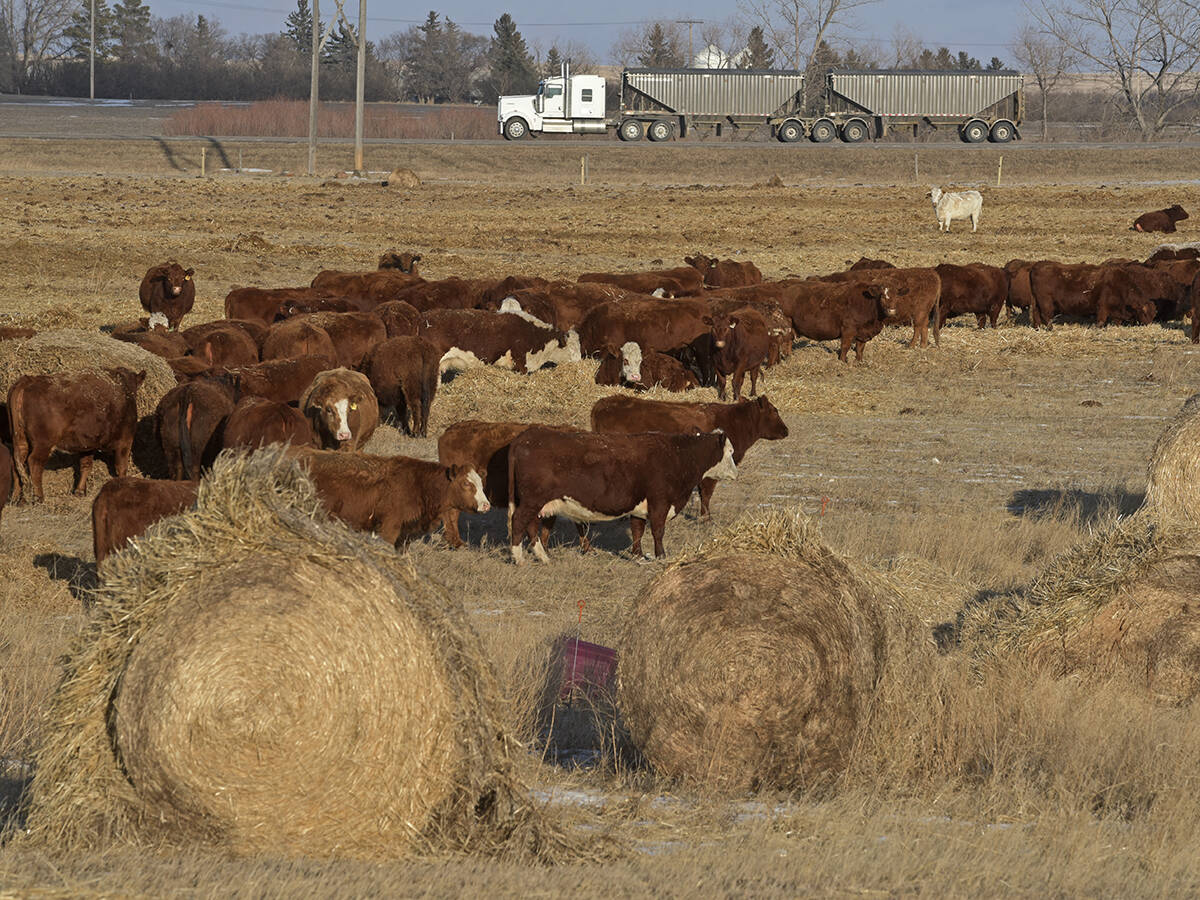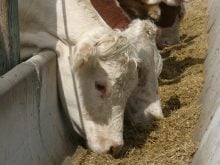Fifteen pork processing plants in the United States have fallen afoul of China’s zero tolerance for ractopamine residues, and have been delisted as approved exporters, according to recent reports.
An unspecified number of other plants have been placed on a 45 day watch list, which means that if their products are found to be free of the chemical, they may continue shipping to China.
Ractopamine, marketed by Eli Lilly under the trade name Paylean, is allowed in more than 20 countries, including Canada and the U.S., for use as a feed additive in finisher hog rations. A nervous system stimulant, it causes hogs to put on more lean meat instead of fat.
Read Also

Canadian Cattle Association hopeful of agreement with Alberta group
The Canadian Cattle Association is optimistic the two parties will work through the issues ABP identified and resolve them before the July 1, 2026, withdrawal date.
Industry insiders suggest the move by Beijing has come in retaliation for the negative publicity generated by a series of scandals involving imports from China, from melamine-tainted pet food to the more recent recall of toys containing high levels of lead.
Lynn Heinze, vice-president of information services for the U.S. Meat Export Federation, refused to speculate on Beijing’s motives.
“Clearly, it’s something we have to get straightened out,” he said. “Assuming that the reports are accurate, it would pretty much halt exports from the United States.”
The U.S. industry is worried, he said, because the Chinese market of some 1.3 billion pork consumers is a huge prize. Also, China’s demand for pork imports has been heightened because of the impact of blue ear disease on the domestic herd.
Shipments to China from the U.S. during the first six months of this year, which amounted to 40,000 to 50,000 tonnes, were up 40 percent over the same period last year.
“It clearly is a significant market and one that is full of potential,” Heinze added.
Martin Lavoie, assistant executive director of Canada Pork International, a pork industry export promotion group, said none of Canada’s 35 pork processing plants shipping products to China have been affected.
He noted that none of the products cited by the Chinese government had levels of ractopamine that exceeded the maximum permissible level in the U.S. or Canada.
However, with Beijing’s zero tolerance policy, any amount can be considered cause for halting further shipments.
“It looks like the U.S. is being targeted more on this issue,” he said. “We are monitoring what is happening in the U.S. but we would like to keep a low profile on this issue.”














